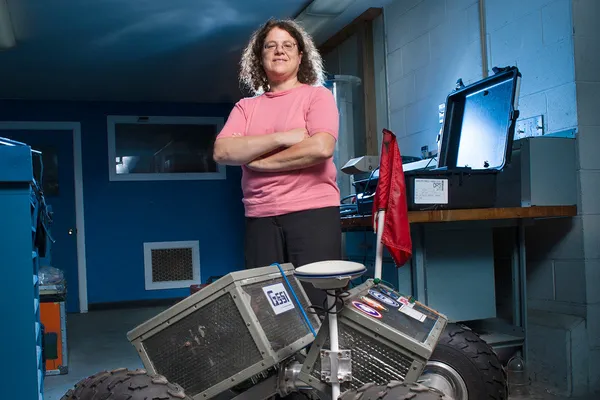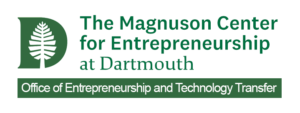Dartmouth Joins Hub Focused on Rural Innovation
The college will work with other institutions that comprise the I-Corps Hub, an initiative from the National Science Foundation.

Dartmouth College has been named a member of the Interior Northeast Hub in a recent award by the National Science Foundation’s Innovation Corps (I-Corps), an immersive entrepreneurial training program.
Dartmouth has a longstanding relationship with the I-Corps program, which launched in 2011. However, the program was recently restructured. The announcement of the Hubs program expands the reach and impact of the program in a targeted way, according to the National Science Foundation (NSF).
Dartmouth is part of a Hub, led by Cornell University, that will address rural innovation. Participating teams will focus on issues that are particularly important for rural communities, including agricultural technology and biotech.
“The Hub allows colleges to focus on the needs of that region in terms of tech transfer and development,” says Laura Ray, the Myron Tribus Professor of Engineering Innovation at Thayer School of Engineering and Senior Associate Dean Faculty Development, who runs I-Corps programming at Dartmouth.
In addition, the new structure allows for closer collaboration between the nine partner institutions that are part of the Hub.
“One advantage of the Hub structure is that we can leverage instructors and specialty cohorts f offered by the breadth of universities involved,” says Caroline Cannon T’98, Faculty Advisor at Tuck School of Business. Cannon works alongside Ray to run I-Corps programming in Hanover.
Focusing on rural impact and job creation
Innovation is essential for rural regions, Ray says. That’s something Dartmouth, with its entrepreneurial community, understands well.
“It’s almost a symbiotic relationship: you spawn startups, they bring people into the area, and they help with the ecosystem we’re trying to develop,” Ray says. “In the far future, you’re hoping for economic development regionally.”
The other universities in the Hub also understand rural ecosystems, says Cannon.
“These universities were pulled into the Hub because some of the body of research they do is focused on rural challenges,” she says.
"There is a great desire for these rural Hubs to create opportunities for those teams to remain and build their companies in the region,” Cannon says.
Strengthening a proven program
The programming for I-Corps is well-established, prescriptive and effective, Ray says. The program guides entrepreneurs and innovators to do a deep-dive on how their technology can be applied to the market. Innovators leave the program with a keen sense of the value proposition of their technology and who their customers are, she said.
That, Cannon said, won’t change much under the new structure. However, teams will now have the added benefit of a collaborative environment.
“By partnering up with these other amazing institutions, the teams that come out of Dartmouth and other institutions, will be exposed to new ways of thinking and approaches to building out and commercializing academic discoveries,” Cannon said.
After completing I-Corps, teams are guided toward additional sources of funding. The goal is to create companies that drive economic growth in their communities, including the Upper Valley.
“The I-Corps program does a great job of enabling the critical first step in commercializing academic research,” Cannon said. “The work that Dartmouth has done over the past number of years with I-Corps has resulted in a large number of companies that have been created and moved forward.”

